Data profiling refers to the process of examining, analyzing, reviewing and summarizing data sets to gain insight into the quality of data. Data quality is a measure of the condition of data based on factors such as its accuracy, completeness, consistency, timeliness and accessibility.
References
-
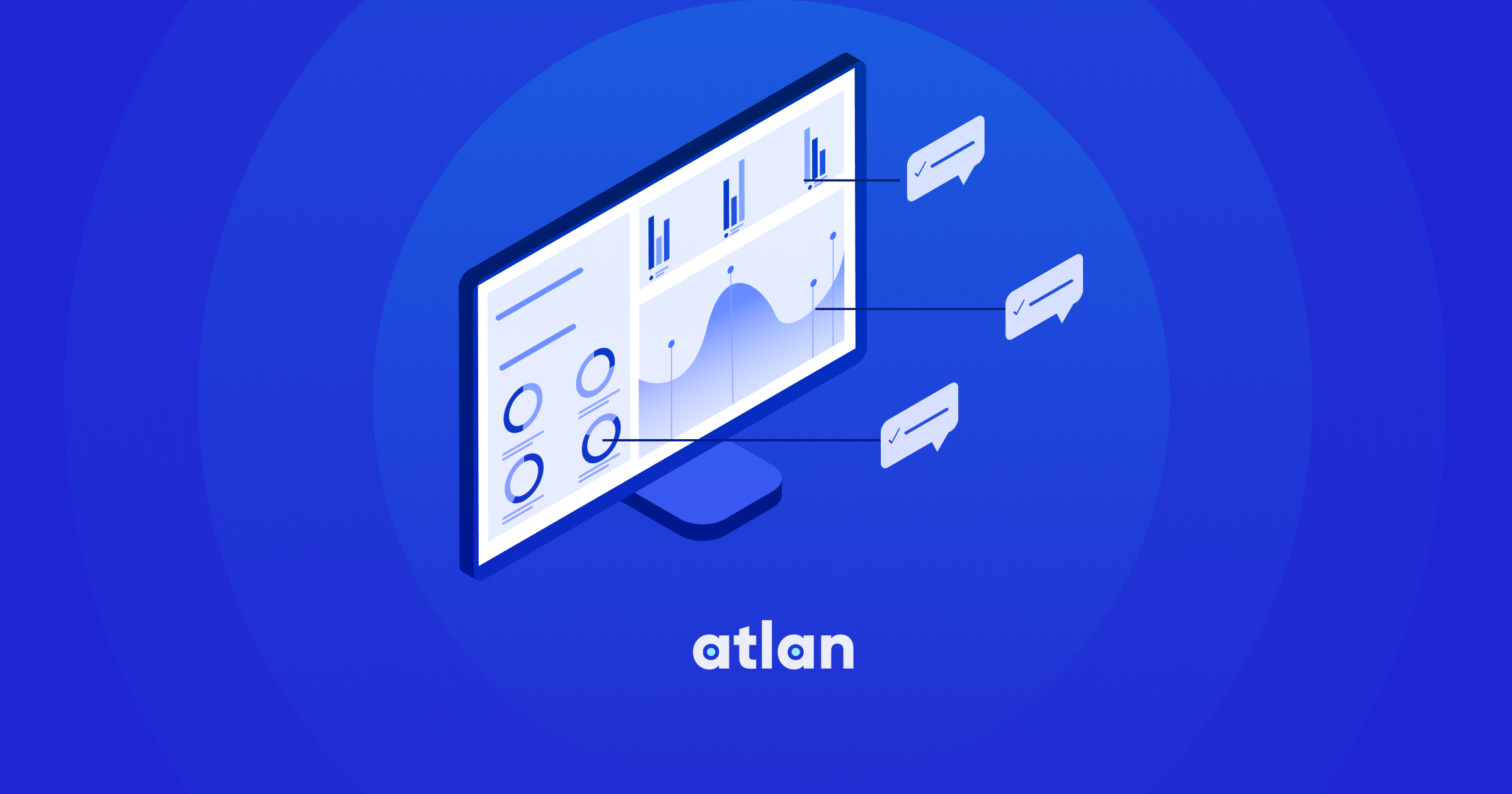 What is data profiling? Understand its meaning with an example, its importance in managing data quality, the techniques and processes, and the benefits.🔗atlan.com
What is data profiling? Understand its meaning with an example, its importance in managing data quality, the techniques and processes, and the benefits.🔗atlan.com -
 Learn what data profiling is, examples of data profiling, its benefits, its types, its techniques, and tools available to implement data profiling.🔗blog.hubspot.com
Learn what data profiling is, examples of data profiling, its benefits, its types, its techniques, and tools available to implement data profiling.🔗blog.hubspot.com -
-
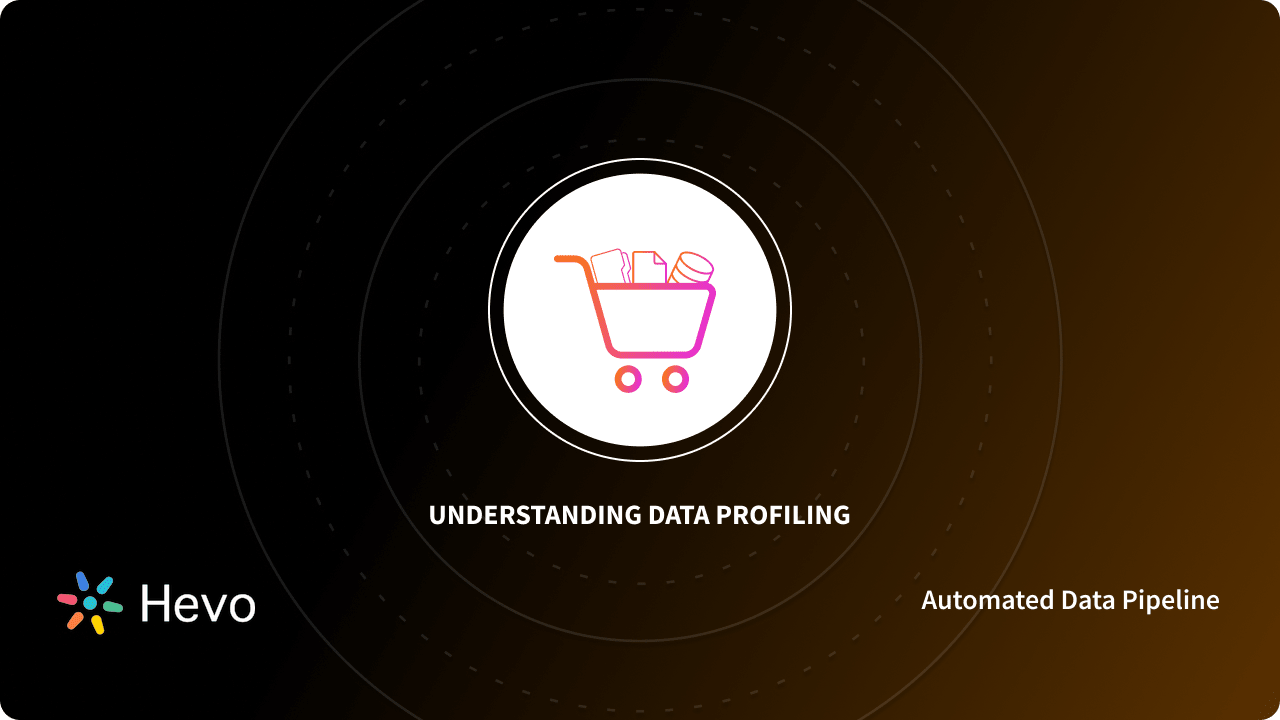 Data profiling is a process of reviewing, analyzing, and summarizing the data. To learn about data profiling types, benefits, methods, and tools, Read now!.🔗Learn | Hevo
Data profiling is a process of reviewing, analyzing, and summarizing the data. To learn about data profiling types, benefits, methods, and tools, Read now!.🔗Learn | Hevo -
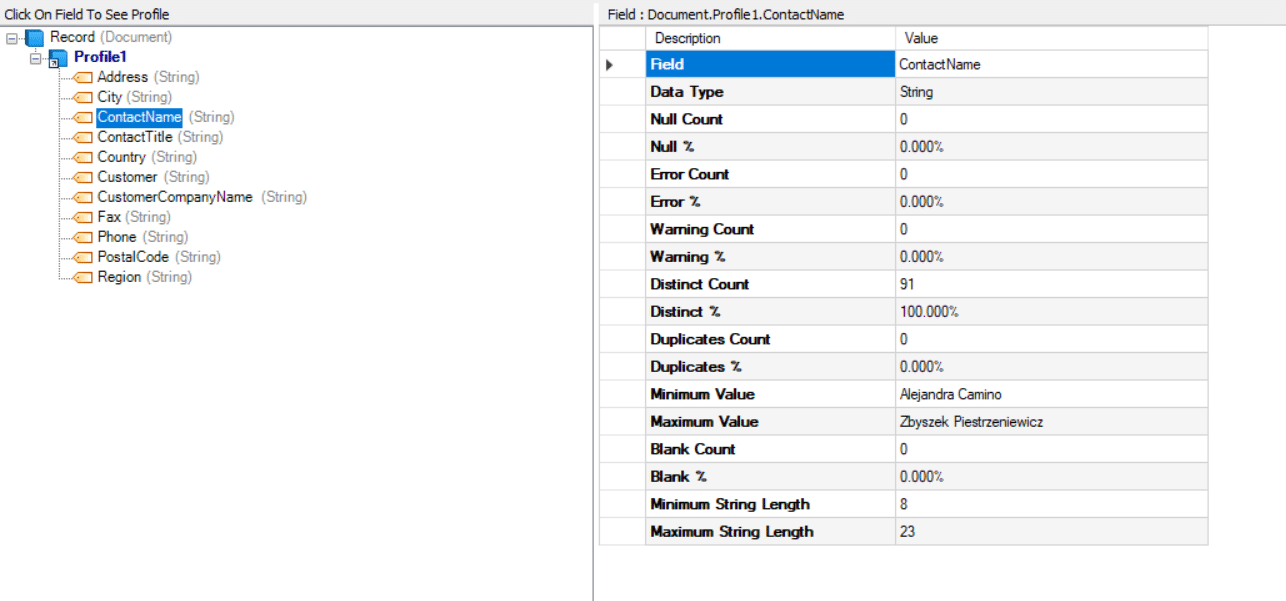 Learn about data profiling, a process that involves assessing the quality, structure, and content of data in our latest blog post.🔗Astera
Learn about data profiling, a process that involves assessing the quality, structure, and content of data in our latest blog post.🔗Astera -
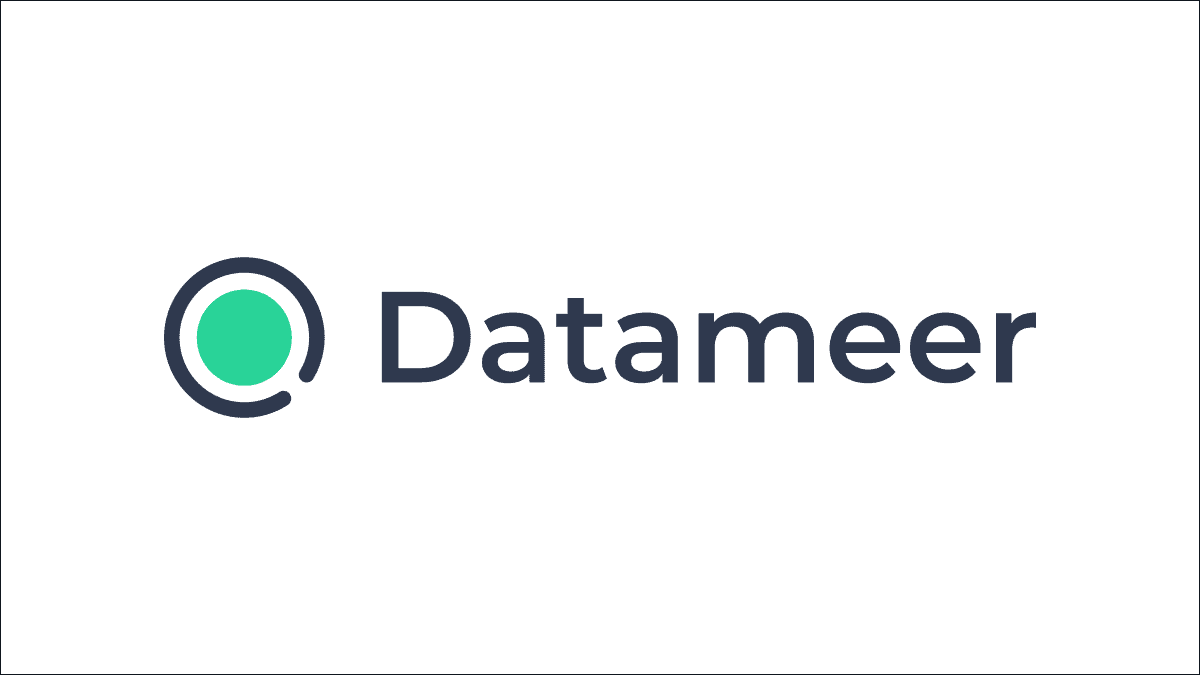 Data profiling is the process of analyzing data to understand how it’s structured, what it contains, the relationships, and how to be used most effectively.🔗Datameer
Data profiling is the process of analyzing data to understand how it’s structured, what it contains, the relationships, and how to be used most effectively.🔗Datameer -
 Essential to Data Quality Management, data profiling is the process of analyzing data to get a basic understanding of what it contains.🔗DATAVERSITY
Essential to Data Quality Management, data profiling is the process of analyzing data to get a basic understanding of what it contains.🔗DATAVERSITY -
 Data profiling, or data archeology, is the process of reviewing and cleansing data to better understand how it’s structured and maintain data quality standards within an organization.🔗ibm.com
Data profiling, or data archeology, is the process of reviewing and cleansing data to better understand how it’s structured and maintain data quality standards within an organization.🔗ibm.com -
 Data profiling is the process for assessing the quality and structure of data sources so you have a complete, 100-percent-accurate picture of your data.🔗Informatica
Data profiling is the process for assessing the quality and structure of data sources so you have a complete, 100-percent-accurate picture of your data.🔗Informatica -
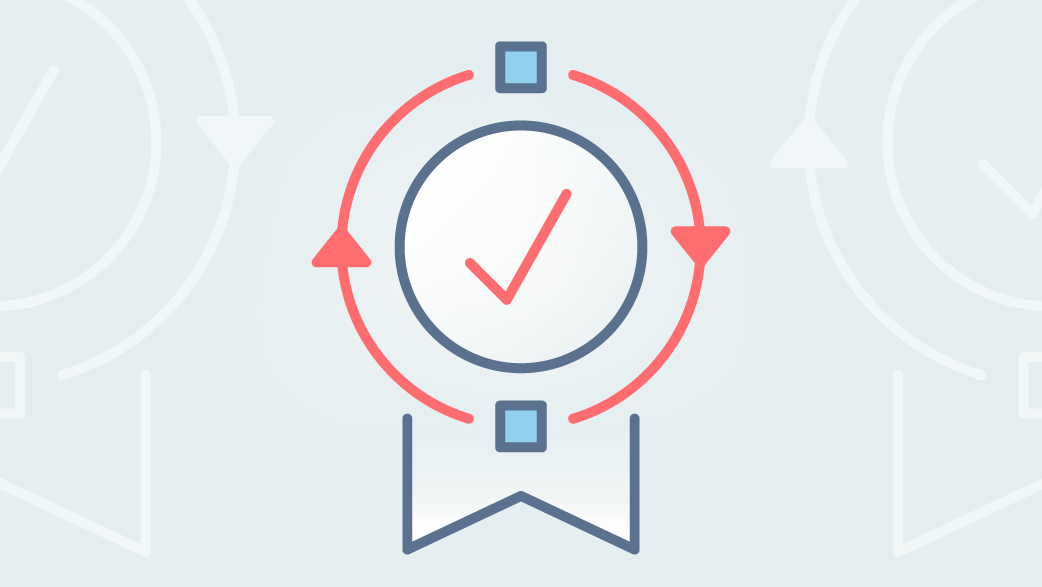 Learn how data profiling can help organize and analyze your data, produce new insights, and give you competitive advantage in the marketplace.🔗Talend - A Leader in Data Integration & Data Integrity
Learn how data profiling can help organize and analyze your data, produce new insights, and give you competitive advantage in the marketplace.🔗Talend - A Leader in Data Integration & Data Integrity -
 Data profiling examines, analyzes and reviews data, providing organizations with a high-level view of data quality. Learn about its role in data analytics.🔗Data Management
Data profiling examines, analyzes and reviews data, providing organizations with a high-level view of data quality. Learn about its role in data analytics.🔗Data Management

 Profiling
Profiling